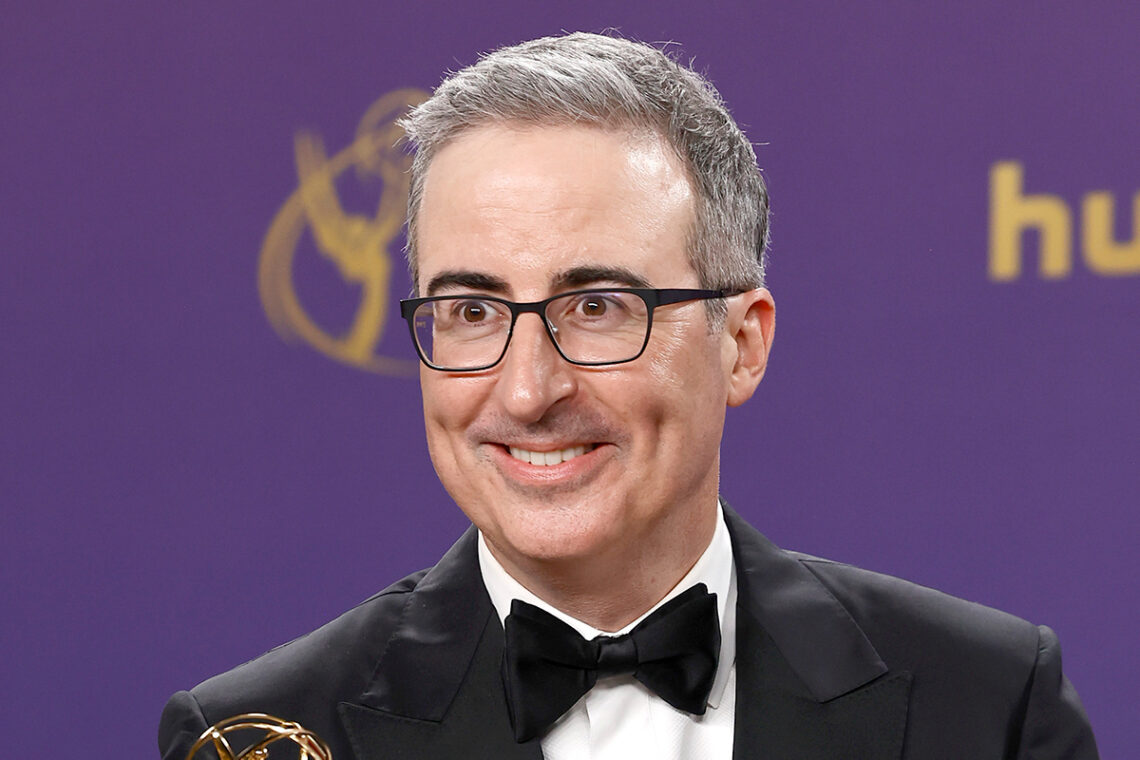John Oliver’s frustration with HBO’s YouTube delay policy
A shift in streaming strategy
John Oliver, the host of Last Week Tonight, has expressed his dissatisfaction with HBO’s recent decision to delay the release of his show’s clips on YouTube. Traditionally, the main segments of each episode were uploaded to YouTube the day after airing on HBO. However, starting with the Season 11 premiere in February, HBO has implemented a four-day delay for these uploads.
“It’s massively frustrating to me,” Oliver shared during a podcast interview. “I was not happy with it at all.”
The rationale behind the delay
The primary reason for this change, as reported earlier this year, is HBO’s strategy to drive more subscriptions to their streaming service, Max. By delaying the YouTube uploads, Warner Bros. Discovery, which owns HBO, aims to encourage viewers to subscribe to Max for immediate access to new episodes.
Despite his frustration, Oliver acknowledges the broader reach that YouTube provides. “What I love about having the show on YouTube is that we can reach beyond HBO subscribers,” he said. “That feels really important to me. I really, really appreciate the fact that they do that. I would rather they did it straight after the show the way we’ve always done it, but I’m very grateful that they are willing to still do it at all.”
The impact on viewership and engagement
Last Week Tonight has been a significant success, recently winning the Emmy for outstanding scripted variety series, surpassing Saturday Night Live. Over its run, the show has garnered a total of 30 Emmys, a testament to its quality and impact.
The delay in YouTube uploads could potentially affect the show’s engagement and viewership. YouTube has been a crucial platform for the show, allowing it to reach a global audience beyond HBO’s subscriber base. This broader reach is particularly important for a show that tackles pressing social and political issues, aiming to inform and engage viewers worldwide.
The show’s evolving focus
As Last Week Tonight enters its 11th season, it continues to adapt and evolve. The show will air new episodes through the 2024 presidential election, a period that promises to be politically charged and eventful. However, Oliver has maintained a consistent stance on not covering debates extensively on his show.
“I guess the Biden-Trump debate was pretty consequential because Biden isn’t the nominee anymore, so it’d be hard to push back on that. It’s very hard to say how consequential it is in real time, isn’t it? That’s the problem,” Oliver explained. “And so I don’t know what we could add to the commentary on those debates that isn’t widely available everywhere else. It feels like to a certain extent, our show has moved into an area where we are very much slow cooking, and so there’s not much there for us.”
The challenge of political commentary
Oliver also expressed his disillusionment with the nature of political debates. “Those debates tend to be pretty uninspiring to me,” he added. “As a form of entertainment, yeah, you could definitely be entertained by what happened. And I guess, however much better it felt to watch it, it is depressing that it’s this close. That’s my aftertaste from it. That it’s still this close when everyone can see what you can see in that debate. It’s hard not to find that somewhere between depressing, infuriating and outrageous.”
Looking ahead
Despite the challenges and frustrations, Last Week Tonight remains a vital platform for in-depth analysis and commentary on current events. The show’s ability to “slow cook” its content allows for a more thoughtful and comprehensive approach to the issues it covers.
For those interested in hearing more from John Oliver, you can listen to his full interview on the podcast. New episodes of Last Week Tonight air Sunday nights on HBO.
Did you enjoy this article? Share it on your social channels and let us know your thoughts! Don’t miss out on the latest updates! Follow us on social media to stay informed about the newest releases.

 Italian
Italian







